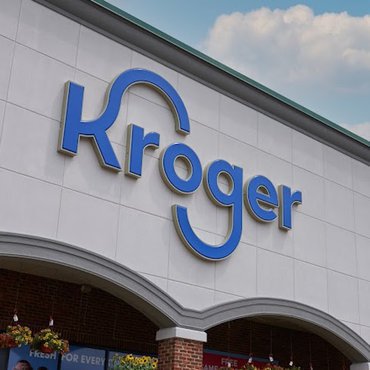The Kroger Co. is the latest retailer to announce a new goal to advance sustainability in its fresh produce supply chain that will further protect pollinators and biodiversity. Last month, Whole Foods Market implemented a new pollinator policy.
Kroger will require all of its fresh produce suppliers to use Integrated Pest Management practices for all products supplied to Kroger by 2028 or 2030, based on the grower's size. Medium- to large-sized growers will be expected to meet the goal by the end of 2028, and small-sized growers by 2030.
"We depend on a healthy and resilient agriculture supply chain to keep bringing fresh, affordable food to more of America," said Lisa Zwack, head of sustainability for Kroger, in a statement. "This new goal reflects Kroger's evolving approach to sustainability and resource conservation, including setting clear expectations with growers to support the transition to more sustainable fresh food production."
Protecting biodiversity is an important part of Kroger's community impact strategy, called Thriving Together, it said. By encouraging growers to use less pesticides, the company is taking steps to improve pollinator health outcomes. This work builds on Kroger's existing focus on conserving natural resources in its supply chain, including through its seafood sustainability and no-deforestation commitments, it said.
Kroger worked with the Sustainable Food Group, a branch of IPM Institute of North America, to develop the goal and roadmap to compliance. The company also consulted current best practices and interviewed suppliers to ensure the goal was both impactful and achievable.
"We are incredibly proud to have supported Kroger in the development of this policy, which will drive positive outcomes for biodiversity, including pollinator and broader agroecosystem health through adoption of robust Integrated Pest Management and other sustainable agriculture practices across fresh produce supply chains," said Ariel Larson, senior project manager at Sustainable Food Group, in a statement.
Suppliers can comply by achieving one of the following certifications:
Bee Better
Biodynamic
Certified Sustainably Grown
Equitable Food Initiative
Fair Trade International
Fair Trade USA
GLOBAL G.A.P.
LEAF MARQUE
MPS-ABC
Rainforest Alliance
Regenerative Organic
Sustainable Food Group Sustainability Standard
USDA Organic, or international equivalents
Kroger will continue to expand its focus on sustainable agriculture, biodiversity, and conservation. To take additional steps toward a more sustainable food system, the retailer will conduct a supply chain biodiversity risk assessment, pilot biodiversity metrics with row crop and specialty crop suppliers, and conduct targeted climate risk assessments within its supply chain.
Last month, Whole Foods Market implemented a new pollinator policy, saying that by 2025, the company will:
• Require all fresh produce and floral growers to implement an Integrated Pest Management system, which prioritizes preventative and biological pest control measures and reduces the need for chemical pesticides.
• Prohibit the use of nitroguanidine neonicotinoids (clothianidin, dinotefuran, imidacloprid, and thiamethoxam) in all potted plants they sell.
• Encourage all fresh produce and floral suppliers to phase out the use of nitroguanidine neonicotinoids.
Related: Fancy Food Show Exhibitors Donate More Than 23,000 Pounds of Specialties; Fresh Thyme Market Joins Naturally Chicago Locally Made Retail Access Program.

